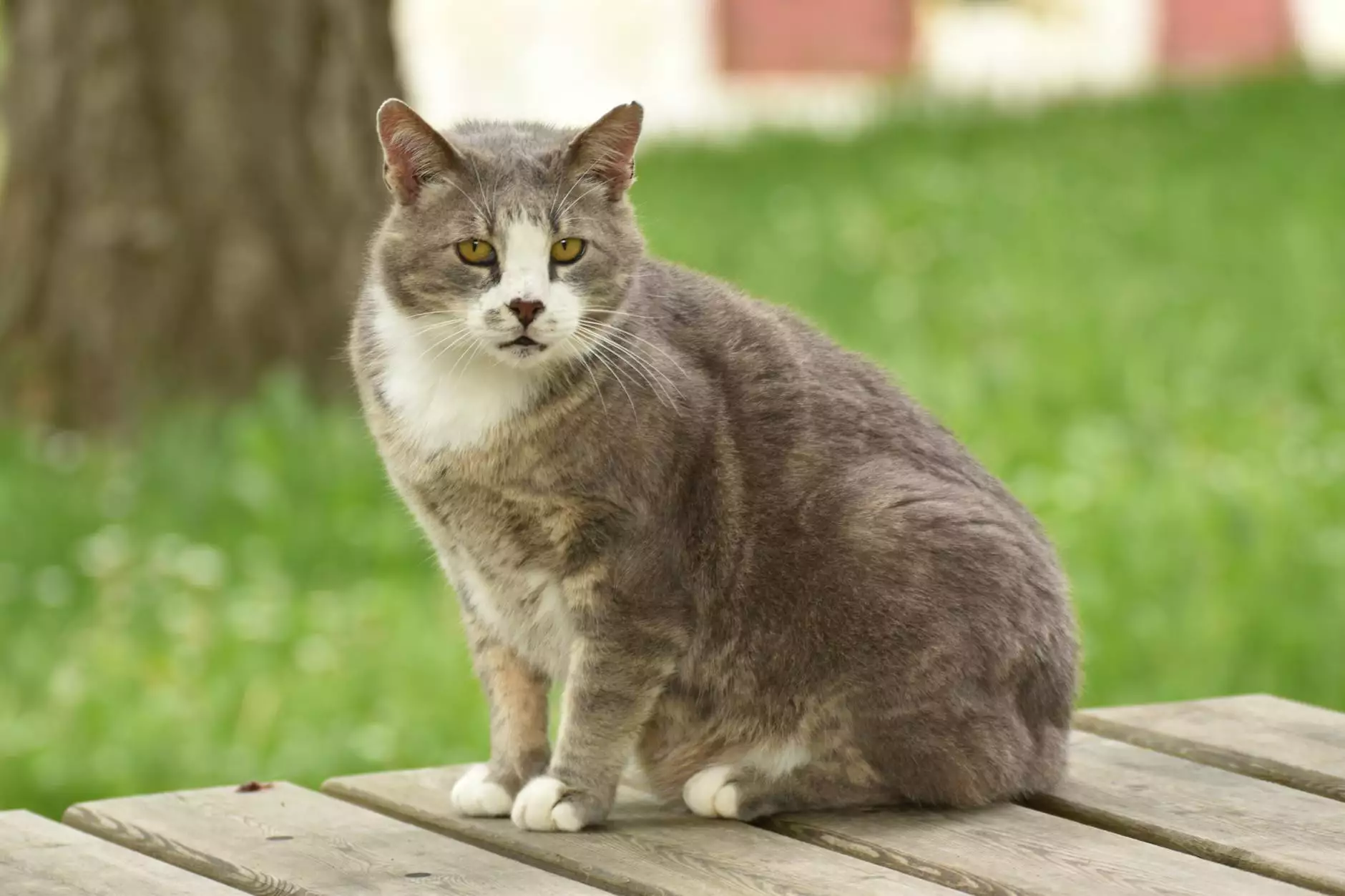The Ultimate Guide to Pet Tortoises: Care, Adoption, and Rewards
Pet tortoises are becoming increasingly popular as companion animals, and for good reason. These unique creatures bring a sense of tranquility and joy into our homes. Whether you're considering adopting a tortoise or you already own one, understanding their needs and characteristics is vital to ensuring a happy life for your shelled friend. In this comprehensive guide, we delve into the fascinating world of tortoises, exploring their care, the adoption process, and the benefits of having a tortoise as a pet.
Why Choose a Pet Tortoise?
Adopting a pet tortoise offers numerous benefits:
- Low Maintenance: Compared to dogs and cats, tortoises require less active care. They don't need daily walks or constant attention.
- Long Lifespan: Many pet tortoises can live for several decades, with some species living over 100 years. This means your companion can become a lifelong friend.
- Unique Personalities: Tortoises are known for their distinct personalities and can be very interactive with their owners.
- Educational Opportunities: Caring for a tortoise can be a great way to teach children about responsibility, biology, and ecology.
Types of Pet Tortoises
There are several species of tortoises that are popular in the pet trade. Here are a few:
1. Russian Tortoise (Testudo horsfieldii)
The Russian tortoise is one of the most commonly kept tortoises in the United States. They are small in size, typically reaching around 6 to 8 inches, and are known for their hardy nature.
2. Greek Tortoise (Testudo graeca)
The Greek tortoise makes a wonderful pet as well, notable for its vibrant patterns and colors. These tortoises can live for over 50 years and require a bit more space than the Russian tortoise.
3. Sulcata Tortoise (Centrochelys sulcata)
Also known as the African Spurred Tortoise, the Sulcata tortoise is one of the largest tortoise species available in the pet trade. They can grow up to 30 inches in length and require ample space for a proper habitat.
Adopting a Pet Tortoise
When it comes to pet adoption, finding a healthy tortoise is crucial. Here are steps to guide you through the adoption process:
1. Research Local Shelters and Reputable Breeders
Start by researching local animal shelters, rescue organizations, and responsible breeders who specialize in tortoises. Websites like buyreptiles.com.au often have listings and resources for tortoise adoption.
2. Assess Your Living Situation
Ensure you have the space and environment suitable for the tortoise. Tortoises require secure outdoor enclosures and ample room to roam.
3. Health Checks
Before adopting, check the health of the tortoise. Look for clear eyes, a clean shell, and an active demeanor. Ask for health records if available.
Creating an Ideal Habitat for Your Pet Tortoise
A proper habitat is fundamental to keeping your pet tortoise healthy and happy. Here’s how to create the perfect environment:
1. Indoor vs. Outdoor Enclosures
The choice of indoor or outdoor habitat depends on your climate and the species of tortoise you own. Outdoor enclosures are preferred but require secure fencing to prevent escape and protect from predators.
2. Temperature Control
Tortoises are ectothermic, meaning they depend on environmental temperatures to regulate their body heat. They require a basking area of 85-90°F and a cooler area around 70-75°F. Use heat lamps to maintain these temperatures indoors.
3. Substrate and Furnishings
A substrate that allows for burrowing, such as coconut coir or soil, is ideal. Additionally, provide hiding spots and climbing areas using rocks and logs.
Feeding Your Pet Tortoise
Feeding your tortoise a balanced diet is vital for its health. Follow these guidelines:
1. Leafy Greens
Your tortoise's diet should primarily consist of leafy greens such as collard greens, dandelion greens, and kale. Avoid spinach, which can interfere with calcium absorption.
2. Fruits and Vegetables
In moderation, you can offer fruits and vegetables. Safe options include strawberries, bell peppers, and zucchini.
3. Calcium and Supplements
Sprinkle a calcium supplement on your tortoise's food regularly to ensure proper shell and bone development.
Health Care for Your Pet Tortoise
Regular health checks and proper care can prevent most health issues in tortoises:
1. Veterinary Check-ups
Regular visits to a veterinarian who specializes in reptiles are crucial. They can help with vaccinations, parasite control, and overall health assessments.
2. Shell and Skin Care
Clean your tortoise’s shell and skin regularly. Shells should be free of scratches and should be checked for signs of fungus or injury.
3. Hydration
Make sure your tortoise has access to fresh water at all times. Bathing them in shallow water a few times a week can keep them hydrated, especially in warmer months.
Understanding Tortoise Behavior
Understanding the behavior of your pet tortoise can enhance your bond and help you provide the best care:
1. Social Interaction
Although tortoises are not as social as dogs, they do appreciate interaction. Spend time observing them and gently handling them to build trust.
2. Activity Levels
Pet tortoises may have specific activity patterns. Many are diurnal (active during the day), while others may be more active at dawn and dusk.
3. Signs of Stress
Watch for signs of stress, such as hiding, lack of appetite, or abnormal behavior. Changes in environment, temperature, or diet can cause stress.
The Joys of Caring for a Pet Tortoise
Caring for a pet tortoise is incredibly rewarding. The gentle, serene nature of these animals can bring peace and joy to your home:
1. Unique Companionship
Unlike more traditional pets, tortoises develop a unique bond with their owners. They may recognize their caregivers and show curiosity about their surroundings.
2. Educational Experiences
Having a tortoise can provide educational opportunities for families and children. It fosters empathy and responsibility in caring for another creature.
3. A Zen Experience
Observing a tortoise can be relaxing. Their slow movements and laid-back demeanor can create a peaceful atmosphere, making your home feel like a retreat.
Conclusion
In conclusion, pet tortoises make fantastic companions for those willing to dedicate the time and effort to understand and care for them. From creating an ideal habitat to providing a balanced diet and recognizing their unique needs, the journey of owning a tortoise is filled with learning and growth.
If you're interested in adopting a tortoise, explore resources like buyreptiles.com.au to find helpful information and potential tortoise companions. With the right knowledge and preparation, you can ensure that your new shelled friend will thrive and bring joy to your life for many years to come.








